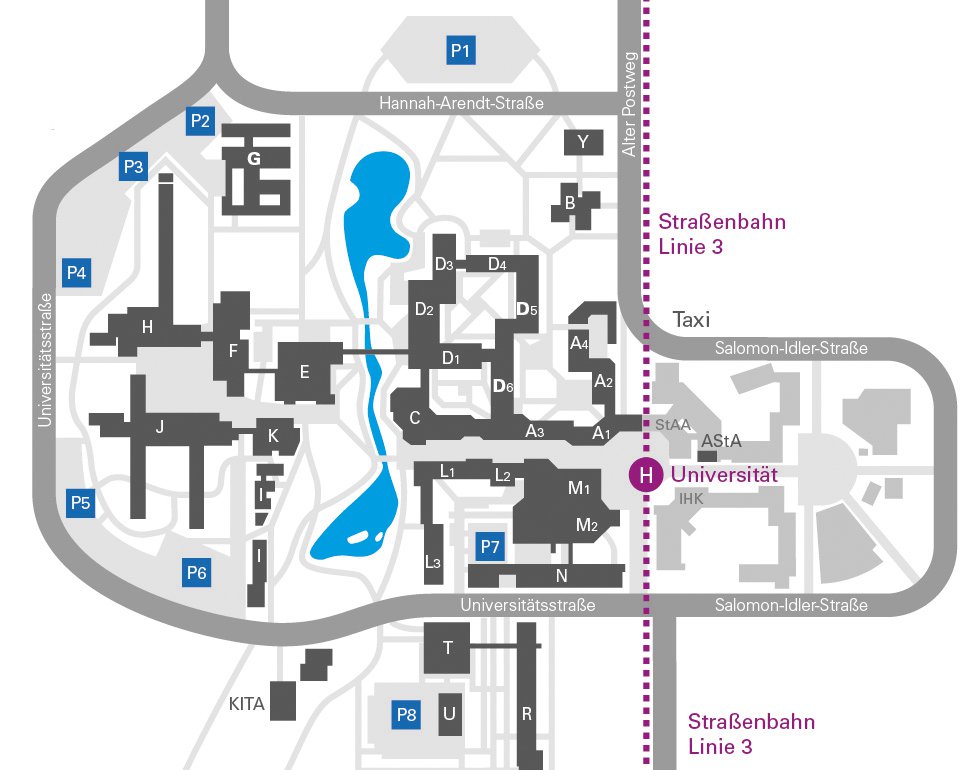Prof. Dr. Alfred Maußner: Empirische Makroökonomik
Herzlich Willkommen am Lehrstuhl für empirische Makroökonomik an der Universität Augsburg
Allgemeine Kontaktinformationen:
Anschrift:
Universität Augsburg
Wirtschaftswissenschaftliche Fakultät
Lehrstuhl für empirische Makroökonomik
Gebäude J, Ebene 2, Raum 2419
Universitätsstr. 16
86159 Augsburg
Telefon: +49 821 598 -4188 (Sekretariat)
Fax: +49 821 598 -4231
E-Mail: monika.bredow@wiwi.uni-augsburg.de
Gebäude: J






